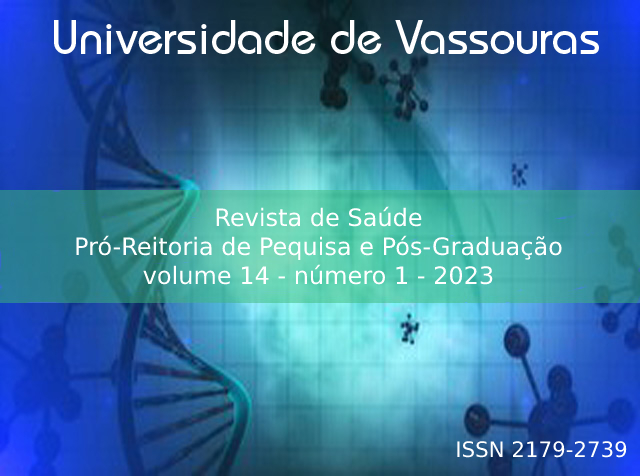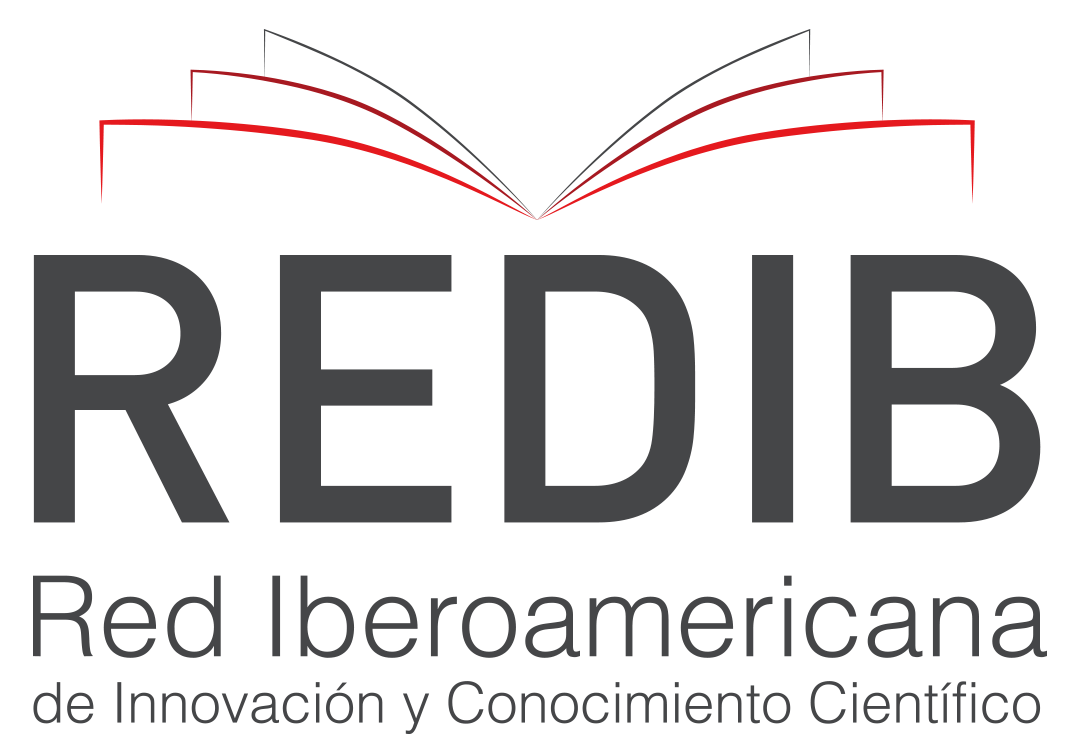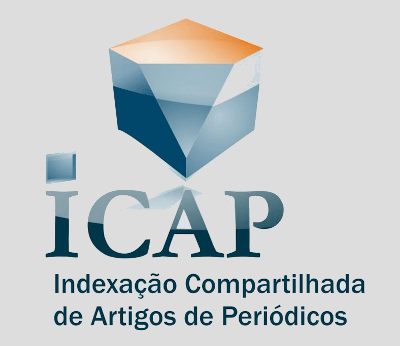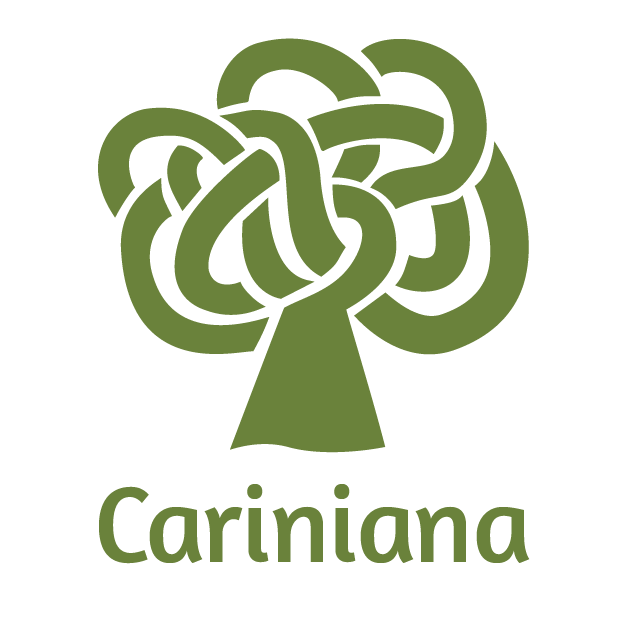Lacunas enfrentadas por profissionais e familiares na assistência ao doente fora de possibilidade de cura
DOI:
https://doi.org/10.21727/rs.v14i1.3097Resumo
With the increase in life expectancy, there is consequently an increase in non-communicable chronic diseases. Thus putting cancer records high. Today, cancers are one of the biggest public health problems. Thus, the objective of this work was to elucidate how and which impositions faced by health professionals and family members / caregivers of patients framed in paliative health, through a narrative review of the literature. A search was carried out in the SciVerse Scopus, Scientific Electronic Library Online (Scielo), National Library of Medicine of the USA (PUBMED) and ScienceDirect databases, with the assistance of the Mendeley reference manager. The articles were covered between the years 2016 - 2021. As a research strategy developed to identify the articles included and selected for this study, it was based on the descriptors contained in the list of Descriptors in Health Science (DeCS) and their applications in the Portuguese language: [(Oncology) AND (Quality of death)]. Regarding the results, they were scored in two themes of higher quality. a) the health professional's view of terminal oncology care; b) Family members and caregivers as protagonists of end-of-life care. Finally, it was concluded that the biggest gaps were: difficult decision making, frustration when dealing with the loss of the individual. It is also mentioned the importance of academic training aimed at preparing future professionals in relation to palliative care and that much can be done to alleviate their suffering.
Downloads
Downloads
Publicado
Como Citar
Edição
Seção
Licença
Copyright (c) 2023 MARCIELI BORBA NASCIMENTO, LUCAS FAGUNDES SANTANA, MATHEUS DA CUNHA PARIS, KATIUSCIA FRANCISCO DE OLIVEIRA GABRIEL, VANDERLEIA ALMEIDA SANTOS

Este trabalho está licenciado sob uma licença Creative Commons Attribution 4.0 International License.
Autores que publicam nesta revista concordam com os seguintes termos:
Autores mantém os direitos autorais e concedem à revista o direito de primeira publicação, com o artigo simultaneamente licenciado sob a Licença Creative Commons Creative Commons CC BY que permite o compartilhamento do trabalho com reconhecimento da autoria e publicação inicial nesta revista. Esta licença permite que outros distribuam, remixem, adaptem e criem a partir do seu trabalho, mesmo para fins comerciais, desde que lhe atribuam o devido crédito pela criação original. É a licença mais flexível de todas as licenças disponíveis. É recomendada para maximizar a disseminação e uso dos materiais licenciados.
Autores têm autorização para assumir contratos adicionais separadamente, para distribuição não-exclusiva da versão do trabalho publicada nesta revista (ex.: publicar em repositório institucional ou como capítulo de livro), com reconhecimento de autoria e publicação inicial nesta revista.
Ver o texto legal da licença em: https://creativecommons.org/licenses/by/4.0/














